I did not want to blog about it because at the time, the document was not yet available online. Many people were jumping to all sorts of conclusions that is, well, unwarranted.
Well, it's online now and you can get it here, from the Catholic Culture site.
Read it. Carefully. Understand it. Then let me know what you think.
The document goes on and gives a very detailed account of the teaching of the Church, historically, on this subject. The important part is given below:
3.6. Hope
102. Within the hope that the church bears for the whole of humanity and wants to proclaim afresh to the world of today, is there a hope for the salvation of infants who die without baptism? We have carefully reconsidered this complex question with gratitude and respect for the responses that have been given through the history of the church, but also with an awareness that it falls to us to give a coherent response for today. Reflecting within the one tradition of faith that unites the church through the ages and relying utterly on the guidance of the Holy Spirit, whom Jesus promised would lead his followers "into all the truth" (Jn 16:13), we have sought to read the signs of the times and to interpret them in the light of the Gospel.Our conclusion is that the many factors that we have considered above give serious theological and liturgical grounds for hope that unbaptized infants who die will be saved and enjoy the beatific vision. We emphasize that these are reasons for prayerful hope, rather than grounds for sure knowledge. There is much that simply has not been revealed to us (cf. Jn 16:12). We live by faith and hope in the God of mercy and love who has been revealed to us in Christ, and the Spirit moves us to pray in constant thankfulness and joy (cf. 1 Thes 5:18).
103. What has been revealed to us is that the ordinary way of salvation is by the sacrament of baptism. None of the above considerations should be taken as qualifying the necessity of baptism or justifying delay in administering the sacrament.135 Rather, as we want to reaffirm in conclusion, they provide strong grounds for hope that God will save infants when we have not been able to do for them what we would have wished to do, namely, to baptize them into the faith and life of the church.
But know this. The agnostic but hopeful position that the document proposes is not new. The Catechism itself had already said as much.
Here is the pertinent quote, in para 1261:
1261 As regards children who have died without Baptism, the Church can only entrust them to the mercy of God, as she does in her funeral rites for them. Indeed, the great mercy of God who desires that all men should be saved, and Jesus' tenderness toward children which caused him to say: "Let the children come to me, do not hinder them," 64 allow us to hope that there is a way of salvation for children who have died without Baptism. All the more urgent is the Church's call not to prevent little children coming to Christ through the gift of holy Baptism.As you can see, while the Church hopes that there exists a means of salvation, through Christ, for these children, which is as yet unknown to Her, Mother Church still strongly stresses the need for all to come to salvation through the means that She does know, through Holy Baptism. Keep this in mind as you read the document. This should not dent the missionary mandate of the Church too go out and baptize all nations. This is an irreformable mandate.
Also know this. That although the International Theological Commission sounds impressive and is headed by the Prefect of the CDF, the magisterial authority it carries is similar to that of the Vatican Numismatic and Philatelic Bureau, or in other words, zip. It is a purely advisory body, tasked by the late Pope John Paul II to study this issue in 2004 and which has finally completed its study detailed in the report linked here.
Ok, having said all that, give it a read and let me know what you think.
![[Unam Sanctam]](https://blogger.googleusercontent.com/img/b/R29vZ2xl/AVvXsEiymQ2adTjpZ1ABhPBbBBquiPCxeQrc4Jy_97vOikT0wGQeJleriiXQy6ebnb0jrYe-TfvcK77txStB4aIwVAdD41ZdMkVfNtFGC0JX6LBV9B8mfeRZaIAM7Sj-011ag3DiKQzv/s1600/headerdivinemercy.jpg)



















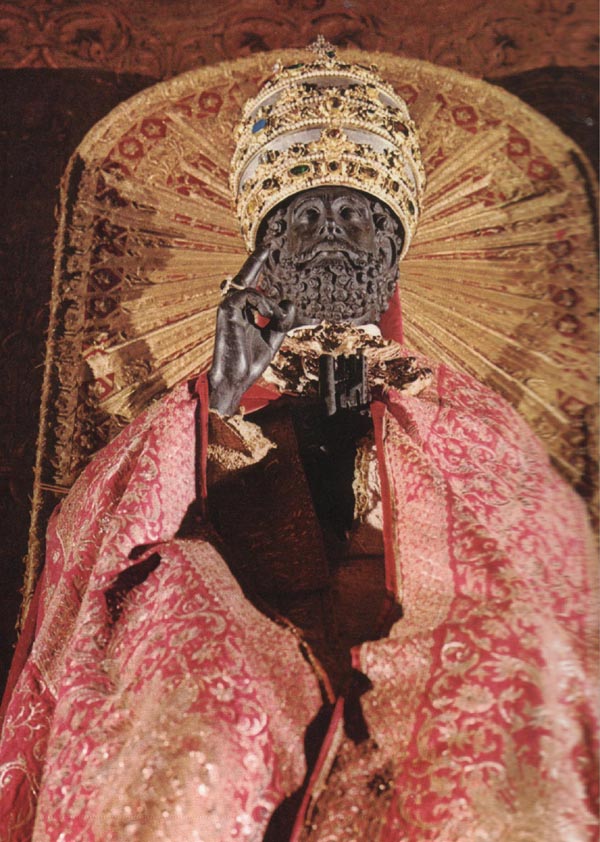





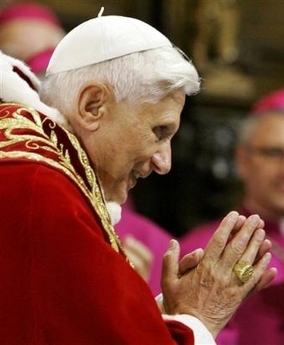







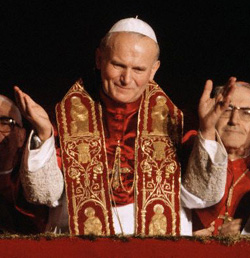
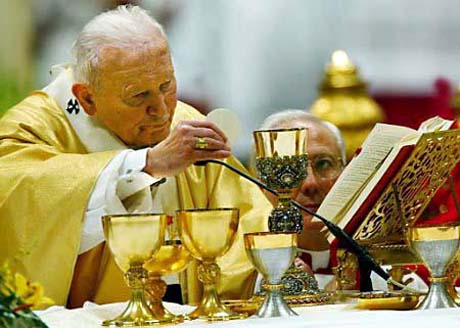







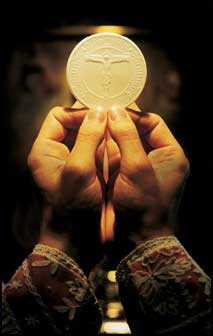
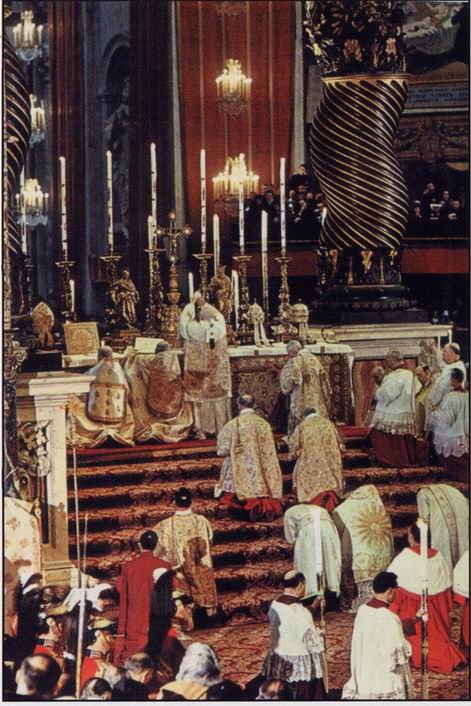

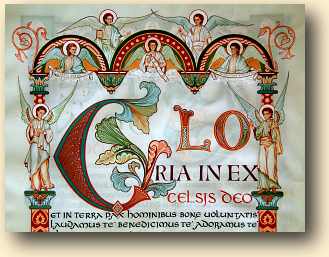

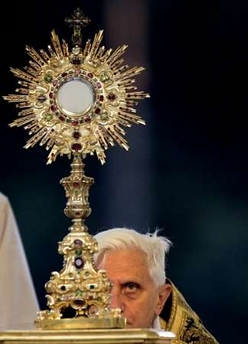







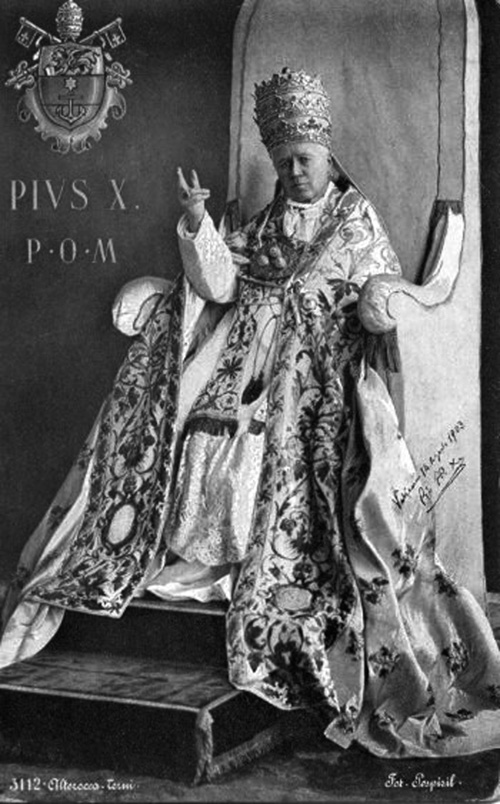









3 comments:
Your analysis is spot on.
And Utd have just beaten City!
Why did it take the Church such a long time to "see"?
It is obvious that the teaching of the Limbus is more a mythology rather than theology. I can't think how the bright minds of our fathers and saints, enlightened by the Holy Spirit, could imagine such a incredible loveless solution?
Pope Benedict XVI is quite right to start his writings as Pope by saying: "God is Love"! For this says it all.
I know that there would be incredible pressure and a fierce attack against the church for her new teachings about the Limbus, but : it is theological positition not scripture nor revelation.
I also think that the teachjings about "Original Sin" should soon be treated likewise. For sin cannot be inherited. Check the Scripture. That's all I'm saying.
Best regards and God be with us all.
Joseph - a Catholic from Jerusalem
Firstly, thanks, Joseph, for commenting.
Secondly, the Church has never made any formal definition and is officially agnostic about the fate of unbaptized infants, but is hopefully weighted on this matter. As to why the Church took so long, one may say that the formal definitions of the dogmas of the Assumption and the Immaculate Conception took a long time as well. But as you know, those definitions arose out of a specific need to address the issue and out of a request of the worlds bishops to do so. Similarly, the issue of unbaptized infants is an issue that is particularly pertinent in our time. Not that it wasn't in the past were infant mortality rates were much higher, but in those days people tried to baptize infants soon after birth, especially if they were ill. But in our time, as abortion rates skyrocket and abortion is seen as a contraceptive measure, the issue is particularly concerning.
The Lord Jesus Christ has promised that He would send the Holy Spirit Who will guide the Church to all truth. This guidance continues today and so even in our time, the living Magisterium of the Church continues to clarify certain positions when such clarifications are necessary.
On whether the concept of limbo is mythology or not, we need to remember that the limbus infantem arose out of the belief of the limbus patrem, the limbo of the patriarchs or the bosom of Abraham where the OT saints dwelt prior of the coming of Christ Who freed them and opened the Gates of Paradise which were closed up to that point because of the rebellion and fall of Adam. The concept of limbo comes from the Latin limbus means edge. Since the Scriptures professed the necessity of Baptism as a condition of entrance into Heaven, some Fathers of the Church like St. Augustine came to the logical conclusion that those infants who were not baptized were condemned to Hellfire. This, of course was not accepted by the whole Church.
In the middle ages, to reconcile the the reality of Original Sin which stains all the children of Adam with the Salvation procured by Christ and the necessity of Baptism to partake of that salvation and enter into the Covenant family of God, theologians developed the concept of limbo, at the edge of Heaven where infants do not enjoy the Beatific Vision, the chief reward of Heaven, but instead enjoy perfect bliss. Some theologians speculated that they also suffered the pain of loss (poena damni), the punishment of original sin but not the pain of sense (poena sensus) or material pain as they have no guilt or personal sin. So even the concept of limbo had differing interpretations.
How was this possible? The image used was people are like cups. Those who have done much good are like larger cups and those who have done less good, are like smaller cups. This fits with the idea that the heavenly reward commensurates with our earthly deeds. In Heaven, all the cups are full, though the amount of fullness differs, which fulfils the idea of complete happiness.
So unbaptized infants in limbo, perhaps have fullness of of happiness, but of a differing kind since they lack the Beatific Vision. The cup was still full, but the content differs. But still, as they do not know of any other happiness, to them it would be full and they would not know the difference.
All of this, of course, is purely speculative. But to the scholastic mind, it made sense and answered all the questions.
Is the solution loveless? From the description above, you can see that the solution is far from that but speculates for unbaptized infants the fullness of bliss minus the Beatific Vision, which is a pretty good deal if you ask me =) But their motivation stems from love, God's love. But also from God's justice.
God is love. But God is also Just. God is also Righteous and God is also Holy. God is love. But He is not love, love love. But He is Holy Holy Holy, God's holiness and his justice and his love are all part of his being. They are not contradictory but neither is justice and holiness absent when love is to be found.
But now, not denying the reality of God's justice and holiness, the Church, having understood the great love of God, hopes that this love will somehow find a way to fulfil and reconcile mercy with justice as God did by sending us Jesus, His Son. Just like we would not have been able to imagine the 'Jesus solution' which God provided, the Church hopes, not knows, but hopes, that in His love and mercy, God may find some way to bring the little children who are unbaptized, to Himself and allow them the Beatific Vision. So, the Church's position is hopeful agnosticism.
On Original Sin, I wouldn't bet on it. The Atonement and Redemption hinge on the reality of the Fall. This is eminently scriptural. Although understandings of Original Sin may differ, as in the understanding of the Fall in Eastern Christianity, it is irreformable.
Unlike the concept of limbo, which, regardless of how hallowed, is still a theologoumena, the doctrine of original sin has been solemnly defined by the various ecumenical councils of the Church, notably Trent and is thus de fide.
Post a Comment